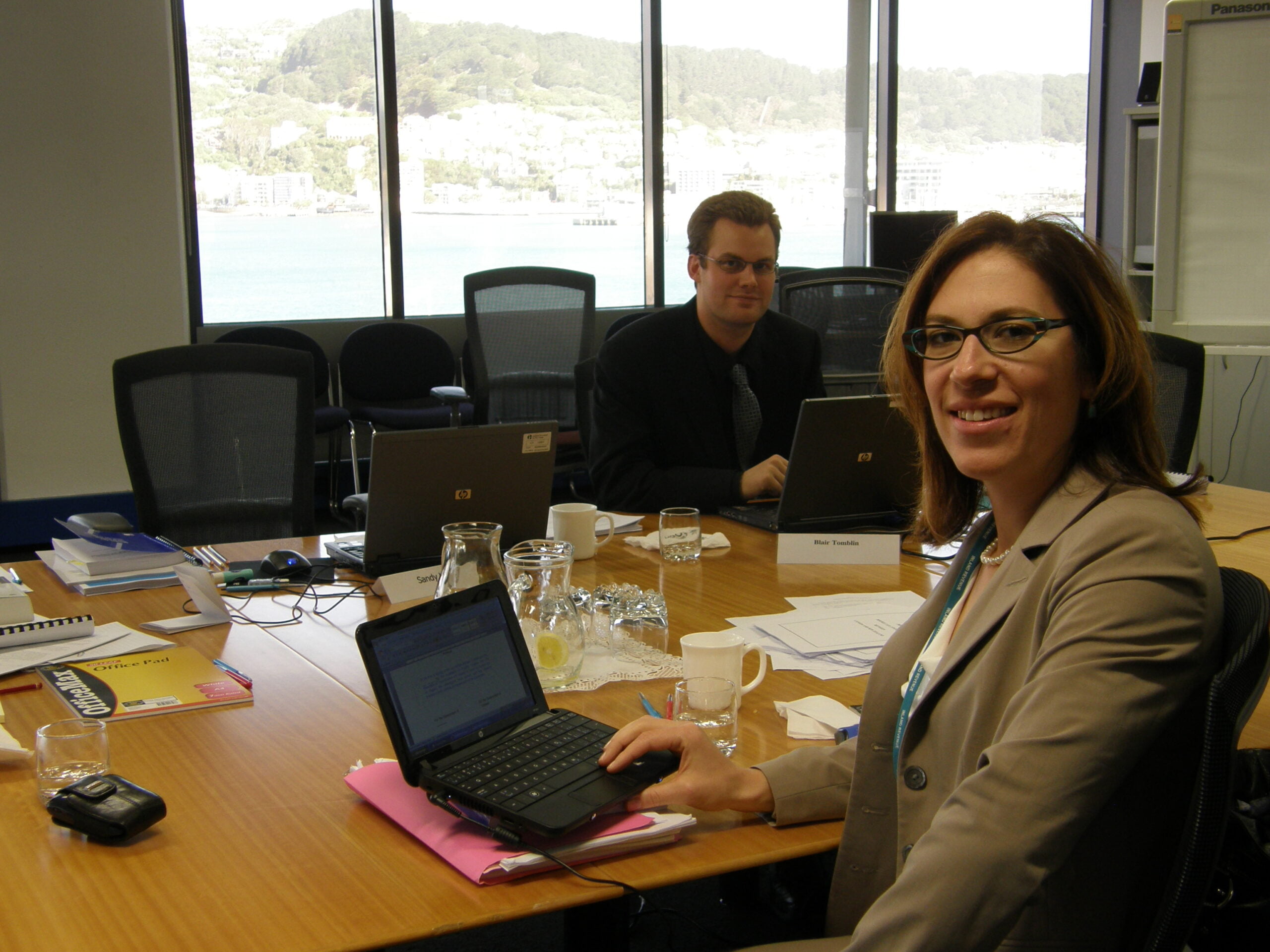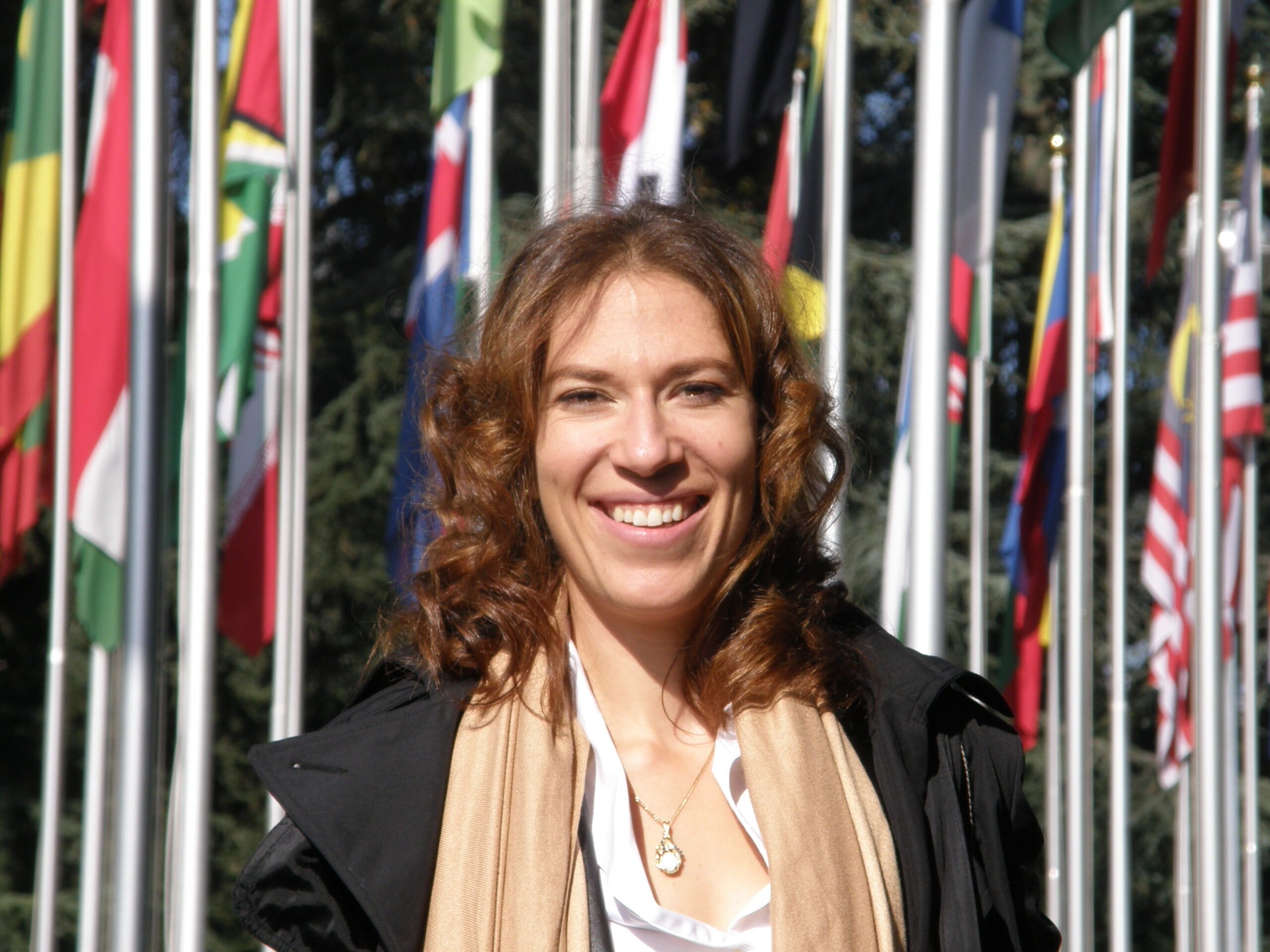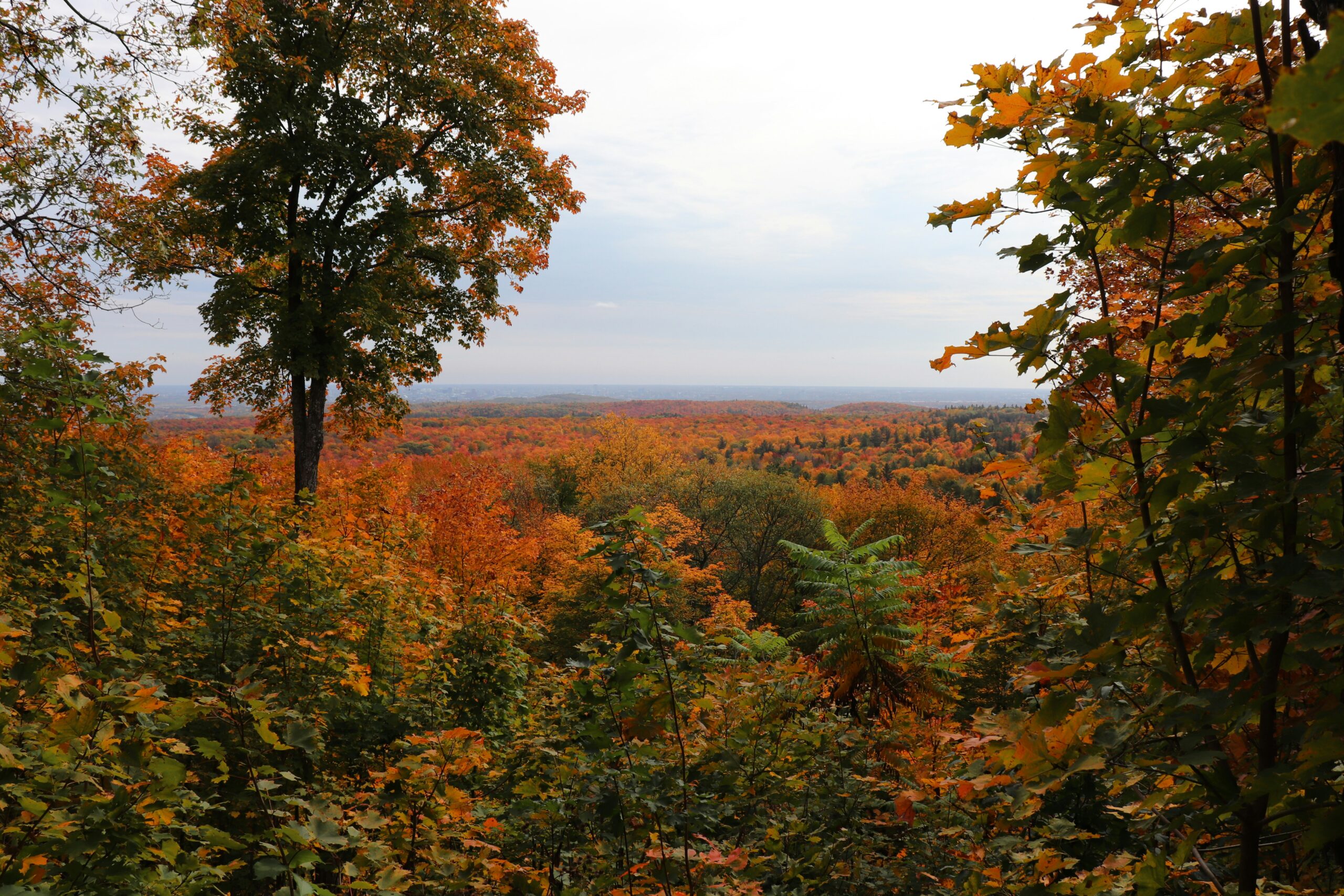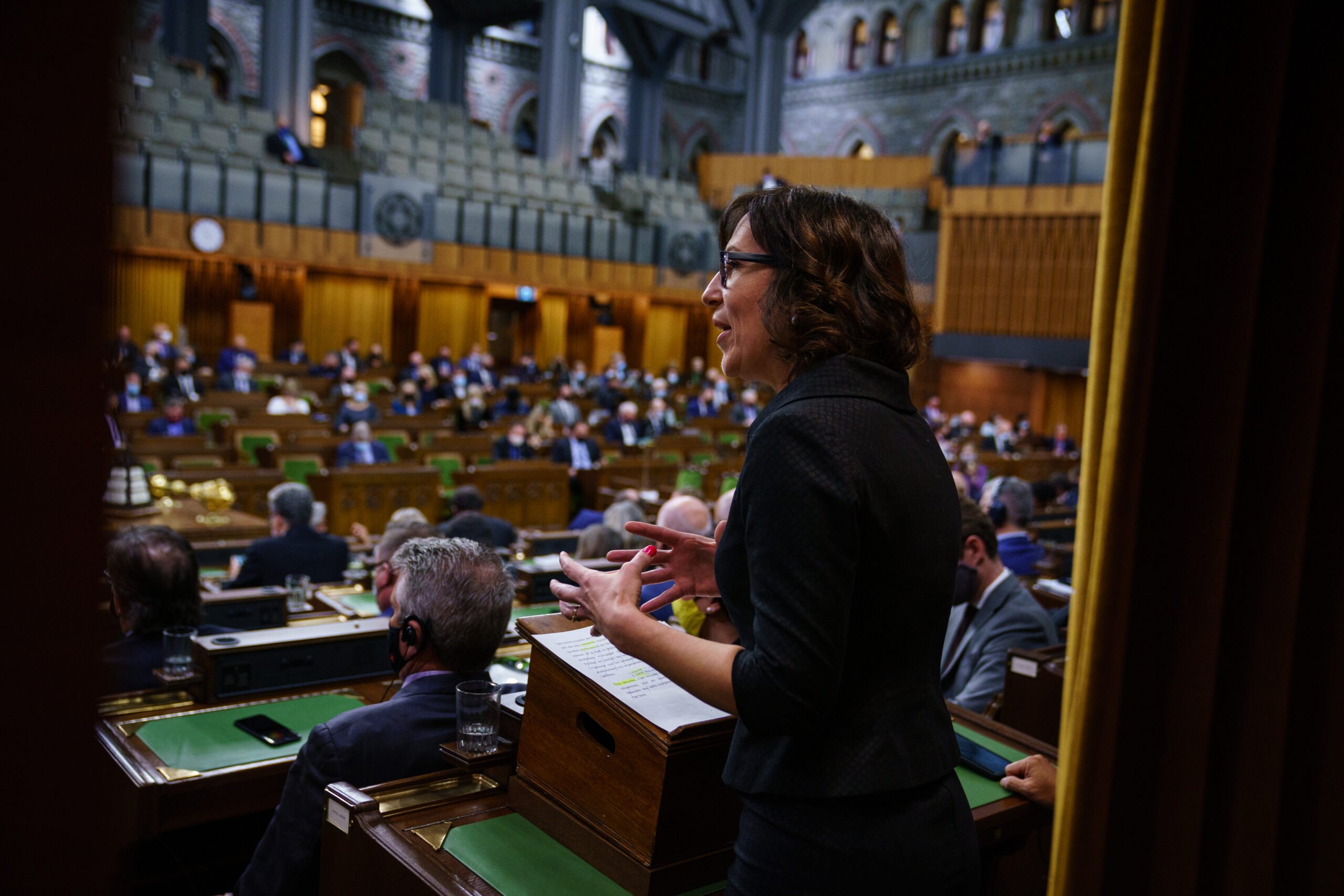Her North Star
Every summer, my mom and dad would pack my sister and me into the family truck and we would leave for Saint-Guillaume, a remote place where paved roads gave way to sand paths, and cottages lacked electricity or running water. For my sister and me, this wilderness was paradise. We would set off most mornings dressed simply in jeans and swimsuits, learning survival tricks to avoid small predators like deerflies, while immersing ourselves in nature. We invented games, swam in the icy river, and worked in our “rock laboratory” by the riverside, collecting and smashing stones to reveal hidden treasures. Being in nature not only disconnects us from our digital world, but also connects us to something greater.
As adults, we start seeing places like Saint-Guillaume not just as natural paradises but as ecosystems that sustain us. Trees and wetlands absorb our pollution and filter our air and water. No carbon capture technology can rival that of a single tree. Preserving these natural spaces is our greatest ally in the fight against climate change. Policies to tackle affordability must also recognize the value of these ecosystem services. Farmers, anglers, hunters, indigenous peoples, and foresters understand this reciprocity. We must be stewards of the land, because protecting it is the key to ensuring that nature can sustain us and future generations.












